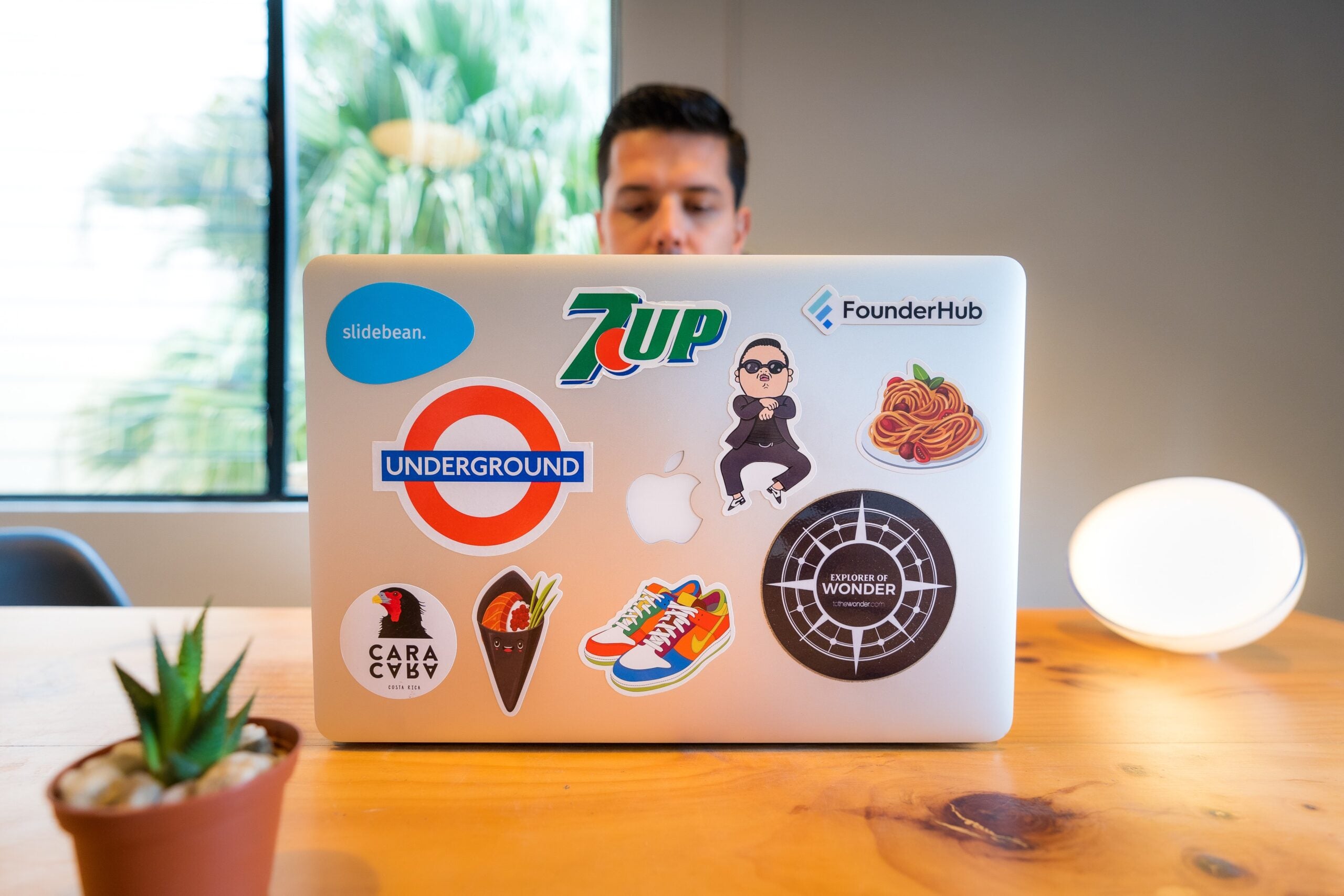
Brand accounts on social-media started as innocuous, boring, promotional pages that were essentially links to online shopfronts. However, as social media has become ever-more saturated with corporate and sponsored accounts, a brand’s social media page has taken on new powers.
If a consumer goods company has a Twitter account, the job of that account is no longer to post endless advertisements, but to give the brand some personality. This has taken various forms, to even-more-varying levels of success. Here are some tried-and-tested social media strategies, followed by an innovation that has broken the mold.
Social responsibility
Following the #metoo movement of 2016, where an online campaign challenged societies to make progress on misogyny and sexism following a series of high-profile allegations, many brands tried to co-opt feminism as a marketing trend, and succeeded.
Gillette’s ‘the best a man can get’ campaign challenged men to examine problematic ‘masculine’ traits such as violence among boys and received enormous support, followed by backlash, followed by even more support induced by the backlash. Similar strategies have been employed by NIKE following the 2016 Black Lives Matter movement where they featured Colin Kaepernick.
This anti-racism campaign succeeded in causing backlash where people filmed themselves burning their Nike products on social media, generating huge online traffic from people who supported the brand’s message in response, resulting in massive brand salience online which coincided with a value-increase of $6 billion.
Brand wars on Twitter
Taking a stance on a political issue to galvanize support for a brand is now a tried and tested method. Whether it’s feminism, racism, or even environmentalism, intentionally provoking boycotts by a vocal minority online has proven to be a winning formula.
How well do you really know your competitors?
Access the most comprehensive Company Profiles on the market, powered by GlobalData. Save hours of research. Gain competitive edge.

Thank you!
Your download email will arrive shortly
Not ready to buy yet? Download a free sample
We are confident about the unique quality of our Company Profiles. However, we want you to make the most beneficial decision for your business, so we offer a free sample that you can download by submitting the below form
By GlobalDataHowever, this formula has lost some of its pertinence as time has gone on and more brands started trying it. The next phase of the Corporate Tweeting phenomenon comes in the form of ‘beefs’, where brands take shots at one another for the sake of online spectators, thus raising their profile (at least for a few hours). Examples include Wendy’s routine sniping at McDonald’s for using frozen burger patties, as well as jokes about how the McFlurry machines are always broken.
Twitter beefs don’t have to be directed at competitors. Chipotle regularly take faux passive-aggressive swipes at their own customers. Whether it is reminding them to stay hydrated by using their water cups for ‘water’ (not bottomless soda), or wishing a good morning to every one ‘except the people who steal our tobacco bottles’, it shows a level of self-awareness which encourages followers and patrons to re-share this content as a self-deprecating joke.
However, just like with social justice campaigns, this is no longer a novel or new thing, and corporate twitter is now awash with focus-grouped memes and provocative statements.
Playing with your food
So where next for brands in the social-media landscape? For pasta company Barilla, the answer is Spotify.
The multinational pasta brand has teamed up with the streaming platform to create a series of public playlists that last the exact amount of time for each variety of pasta. Playlists include: Mixtape Spaghetti, Boom Bap Fusilli, Moody Day Linguine, and Pleasant Melancholy Penne.
Spotify is not a social media platform, of course, but occupies a similar space in that it is interconnected with social media platforms such as Facebook, and dating apps such as Tinder. Therefore, consumers (whether they are on Spotify or not) will be able to see these playlists being listened to by others. Barilla took a problem intrinsic to pasta-cooking, the fine time margins, and utilized it in a way most brands wouldn’t be able to. This idea has also come at a perfect time.
Pasta has enjoyed a Covid-bounce as more people are cooking meals at home from scratch, with 29%* of consumers globally reportedly cooking at home more frequently even in the last three months. Even for brands who don’t have a time-sensitive product like pasta, Barilla’s innovation here has shown there are untapped, creative ways to exploit the online space.





Related Company Profiles
NIKE Inc
Spotify AB